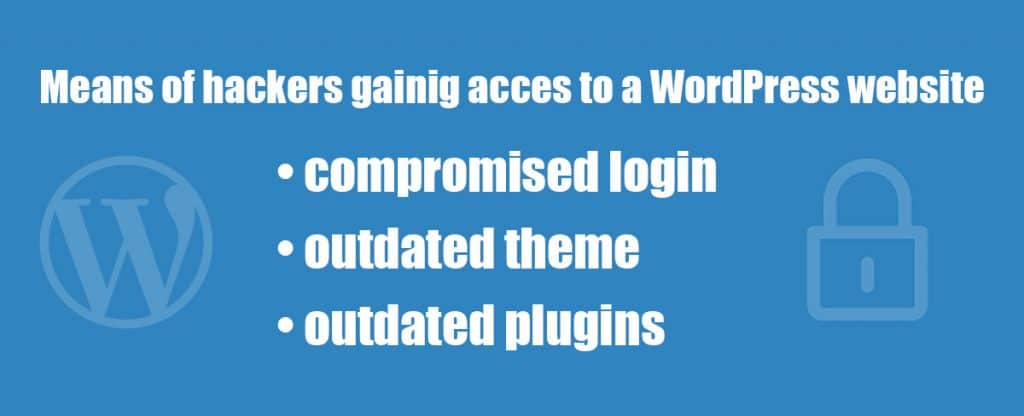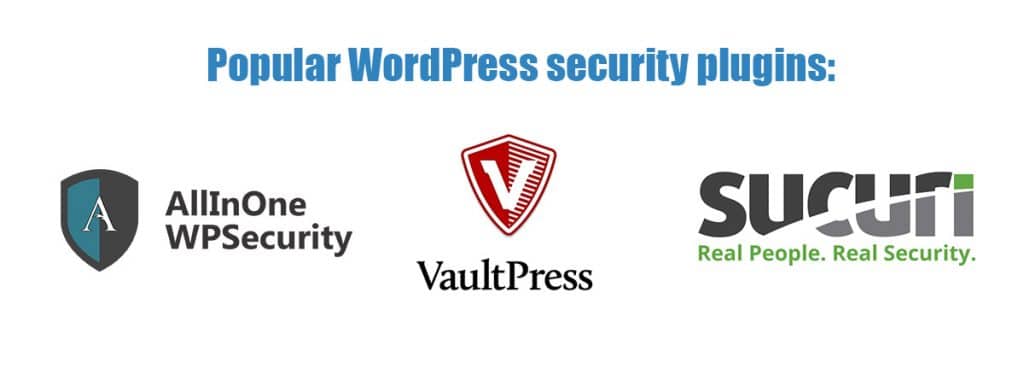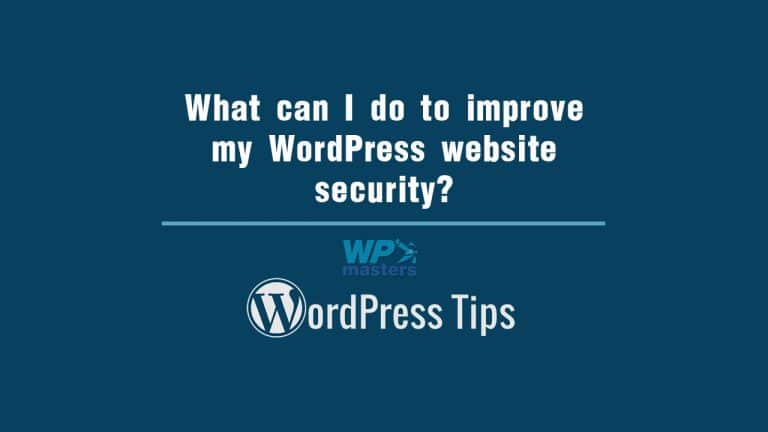Many of us are using WordPress for a very long time because it is one of the most practical and easy-to-use content management platforms. Being the most popular CMS does not mean WordPress is the most secure.
In fact, if not maintained properly, it can pose serious security risks to your website. Even more concerning is that the majority of WordPress users do not know how attackers get into their websites. This is exactly what we will discuss.

WordPress is vulnerable to hackers who get hold of your login and password, get in through the WordPress theme, use brute force attack or via plugins. What can you do to prevent this? In order to keep your hard work safe, we are going to go over some basic must-do procedures.
Plugin vulnerability
Plugins in WordPress provide amazing functionality but they also expose your website to a number of security issues.
This is because plugins are developed by a worldwide community which consists of people with ranging skill levels and you may have the misfortune to be using a plugin that is not maintained or updated regularly by the developer.
According to global statistics, plugins are the cause for the largest number of website hacks. Some of the reasons why a hacker would want access to your website are to place links and boost the SEO of its own websites or to redirect your visitors to other sites.
The most severe hacker attacks will add malicious code to your website and use your server resources to spam email or/or brute force attacks to other websites and servers.
I would imagine that you have a few, not hundreds, of plugins installed with your website. WPScan Vulnerability Database is a catalog and list of plugins and themes with indicated security threats.
Check if any of the plugins you use with your website is on their list, and if he is, then the first step would be to try to update to a newer version which does not possess such vulnerability or do consider to replace it with an alternative.

Should I use a security plugin?
Going over every single line of code in a plugin is a daunting task even for a seasoned code writer, and it would be near-impossible for an average WordPress user as it demands a high level of coding knowledge. The practical and most efficient way to solve the plugin security problem is to use a security plugin.
While a security plugin can not 100% guarantee absolute protection from hacker getting in, it will be able to help prevent any attacks.
Some of the best WordPress security plugins are:
- Sucuri Security.
- All-In-One WP Security & Firewall.
- BulletProof Security.
- iThemes Security.
Update your plugins and theme regularly to improve security
Sometimes all you need to do to remove a serious security issue is to update your theme or plugin to a newer release. Now, it is best to resolve the issue at the root, so before you install a plugin on your website make sure the developers are reputable and the marketplace you are using to download the plugin is trustable.
User ratings and reviews, how often they update, is it compatible with newest WordPress release, how well documented it is, and how popular it is with active users (downloads vs. installations).
By all means, avoid plugins that are not being updated or developed. If a plugin is not updated for 6 months or more, then it is clearly abandoned by the developer.
Remove plugins you no longer use. Hoarding active plugins you do not use will decrease your website speed, as the server needs to run extra scripts that are not necessary.
Once you have deactivated a plugin you should consider removing it from your website altogether, gain free storage space. Same can be said for WordPress themes – updating and maintenance should be your first line of defense against hackers.
Improvepasswords and avoid brute force attacks
When talking about brute force attacks aimed at your website from other servers, while you can not intervene on someone else server, you can contact your hosting provider and block specific IP address of the server or an entire IP range.
Lastly, password theft happens and it may be caused by you sharing your password through mail or chat apps or other means.
If you are using a simple password then be sure to make it a bit more complex by using a combination of words and numbers that are not easily memorable to you but do not present a public knowledge. Random password generators are a good way to make a long and complex pass. Keep your password confidential.
Should you be worried?
It is not so likely that your website will become a target of a hacker, so no, if you are making daily/weekly backups for your website, and follow guidelines that we have discussed, then your website should stay secure.

